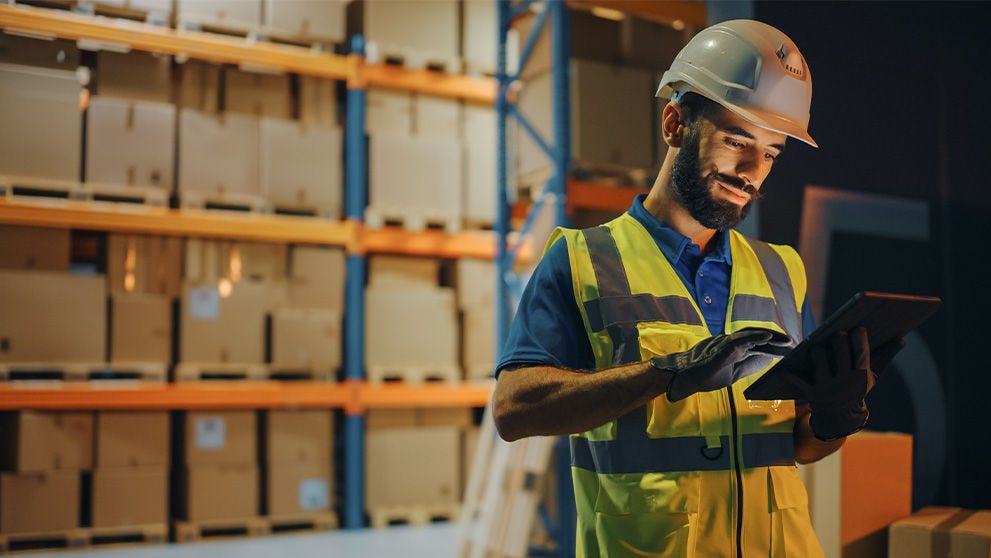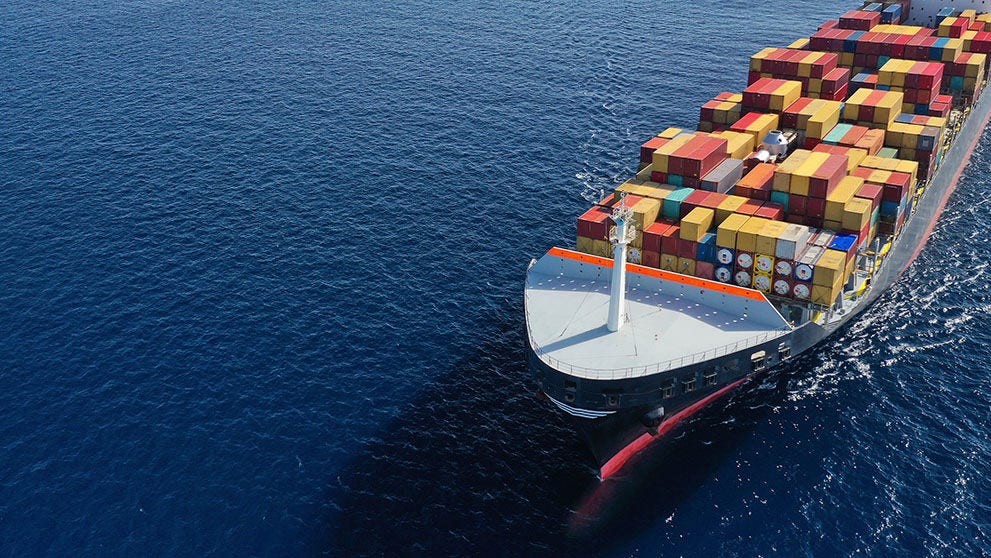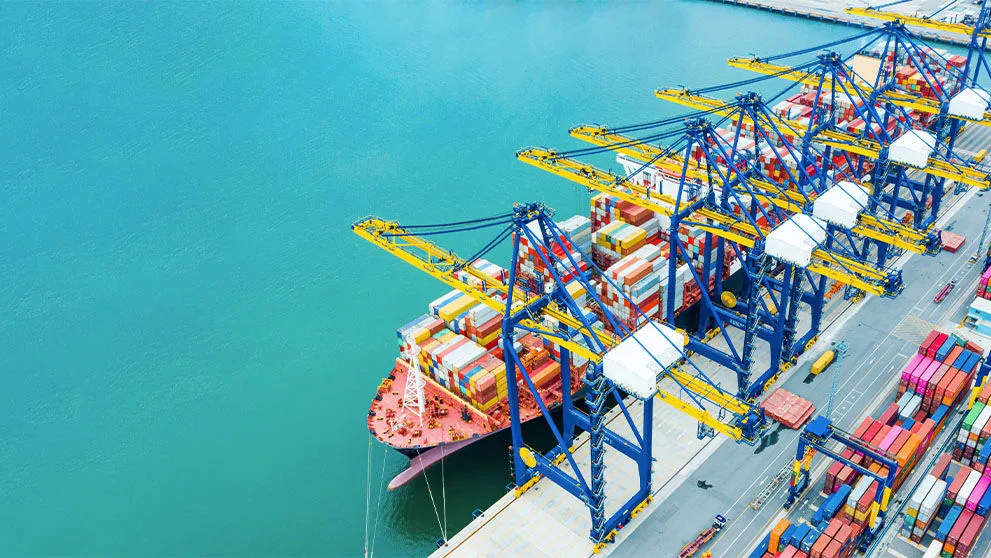
For years, port congestion has cast a long shadow over Nigeria's economic ambitions. The country's strategic location makes it a natural hub for international commerce, but inefficiencies at its ports have hindered growth and fueled frustration among businesses.
However, a new wave of investment and innovation is bringing hope to Nigeria's shipping sector – and companies that adapt quickly stand to reap significant rewards.
The High Cost of Congestion
Port congestion is about more than just delays; it's a drain on the entire economy. When shipments sit idle, businesses foot the bill for demurrage fees, higher logistics costs, and the ripple effects of disrupted supply chains. Production schedules get thrown off kilter, and consumers ultimately pay the price. For Nigeria to realize its full potential, tackling port congestion head-on is imperative.
A Glimmer of Hope at Onne Port
In the heart of Rivers State, Onne Port is emerging as a beacon of change. APM Terminals' new in-gate facility is a marvel of modern logistics, with cutting-edge technology and streamlined customs procedures designed to get goods moving. By slashing turnaround times and reducing costs, Onne is poised to become a go-to destination for businesses seeking efficiency and reliability.
An Industry in Need of Overhaul
Despite Onne's promising developments, Nigeria's port sector still grapples with deep-seated challenges. Decades of underinvestment have left infrastructure creaking, and bureaucratic red tape entangles even the most straightforward shipments. To truly transform the sector, experts say a comprehensive strategy is needed – one that marries infrastructure upgrades with bold reforms in governance and operations.
Plotting a Path Forward
So how can Nigeria's ports shed their reputation for congestion and chaos? Here are five strategies that could make all the difference:
Invest in Infrastructure: Modern facilities and technologies are the backbone of efficient ports. By plowing resources into upgrades and expansions, Nigeria can build the capacity to handle growing volumes of trade.
Streamline Regulations: Customs procedures don't have to mean headaches and delays. Simplifying rules and leveraging technology can get goods cleared faster, reducing the logjam at the ports.
Forge Public-Private Partnerships: The government and private sector each bring unique strengths to the table. By collaborating, they can create ports that are both efficient and profitable.
Develop Skilled Workforces: Even the most advanced facilities rely on well-trained personnel. Investing in skills training is key to unlocking long-term improvements.
Build Seamless Logistics Networks: Ports are just one piece of the puzzle. Efficient inland transport networks are vital for whisking goods away from the docks and onto their final destinations.
Thriving Amidst Change
For businesses with a stake in Nigeria, navigating the shifting landscape of port logistics requires a proactive approach. Here are a few strategies for turning challenges into opportunities:
Diversify Your Entry Points: With Onne Port on the rise, it may be time to reduce your reliance on traditionally congested hubs.
Optimize Your Supply Chains: Leverage the latest logistics technologies to fine-tune your inventory management and minimize disruptions.
- Partner with Experts: Collaborating with seasoned logistics providers like DHL can help you navigate Nigeria's complex shipping landscape with confidence.
DHL: Your Partner in Nigeria's Logistics Transformation
As Nigeria's ports continue their journey towards greater efficiency, businesses that adapt quickly will be poised to thrive. By partnering with DHL, you can tap into our global network, cutting-edge logistics solutions, and deep expertise in navigating complex shipping environments. Get started by opening a business account right away. With DHL, you can ensure your goods move swiftly and efficiently, even amidst change.
The road to streamlined trade in Nigeria won't be without its bumps, but with the right strategies and partners, businesses can turn today's challenges into tomorrow's opportunities. The future of logistics in Nigeria is taking shape – and the time to get on board is now.


























